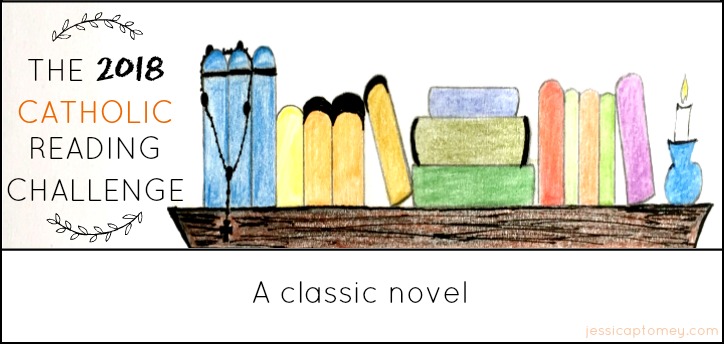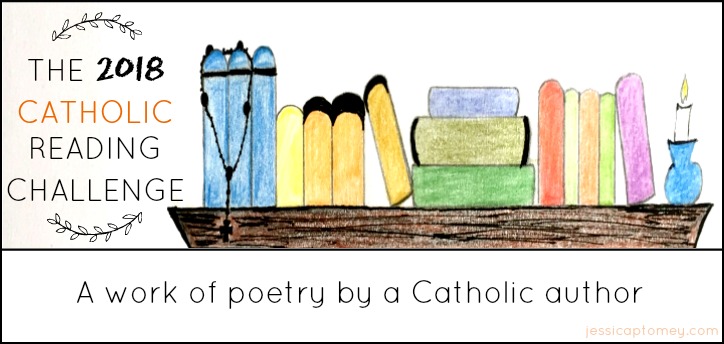Don’t worry if you got a little behind in your picks for the 2018 Catholic Reading Challenge? I did for a little bit, and I’m getting caught up on sharing my picks with you. This one was a favorite!

Category: “A classic novel”
My Pick: The Idiot by Fyodor Dostoevsky
I’m sad to say that I didn’t start reading the great Russian authors until a couple of years ago…but that’s okay; I can spend the rest of my adult years marinating in them. I’m not able to say anything profound about Dostoevsky; but there are plenty of literary critics and brilliant minds who have us covered there. (In fact, I was down that rabbit hole of commentary research right after finishing this book. Now my TBR is filled up with Romano Guardini & Henri de Lubac — both of whom I came upon references to recently in Flannery O’Conner’s letters, as providence would have it.) However, I will share some novice delights and observations.
Russian names! Am I right?
One disadvantage to listening to the audiobook is that I think it makes it a little bit harder to follow who is who. For those who haven’t read Dostoevsky, we aren’t dealing with names like “Michael” and “Samantha.” They’re a bit longer. But that isn’t the confusing part. They have nick-names. But they aren’t “Mike” and “Sam.” They are NOTHING like the full name. So you are going to want to have a cheat sheet handy, which many volumes provide in the front of the edition. Again, I didn’t have that to flip to with the audio. So…I did a quick web search a few chapters in to get back on track and make sure I was following the character development correctly. Be careful if you do that! Though the character synopsis straightened up the names and nick-names for me, it also included BIG spoilers. 🙁 Continue reading


